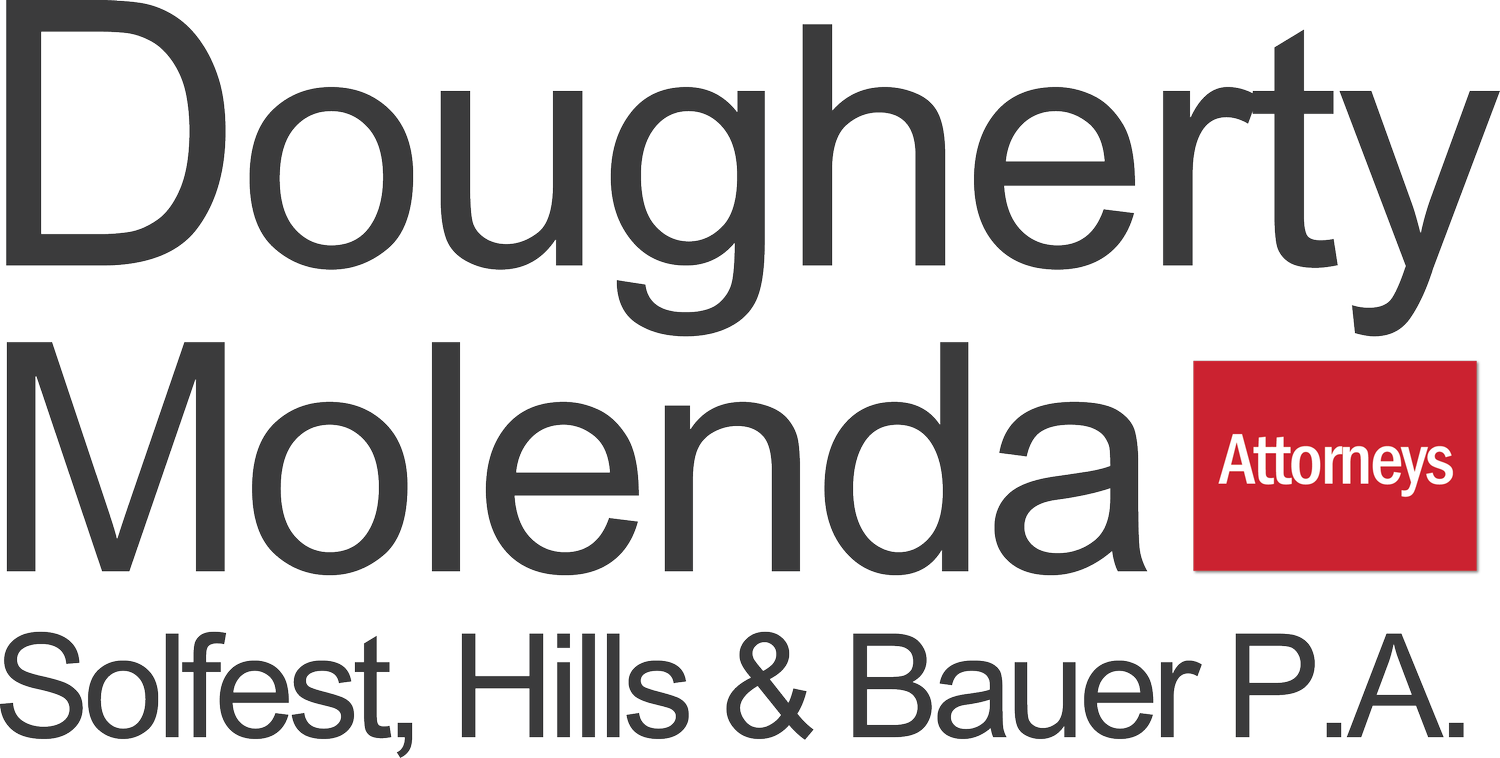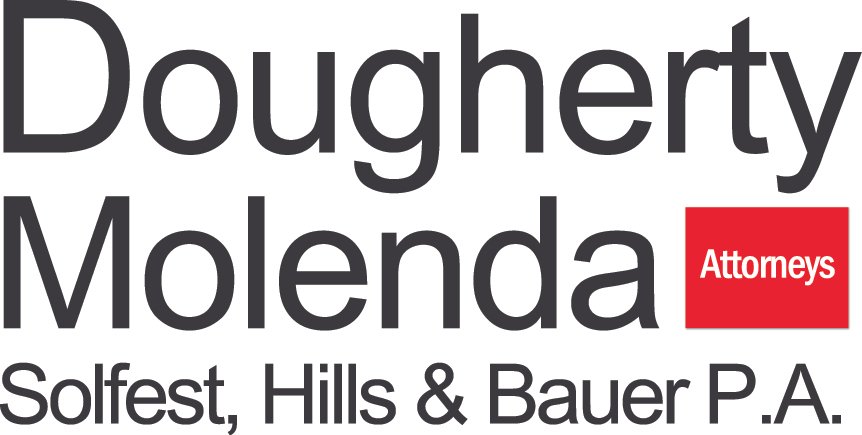
Blog







Understanding the Corporate Transparency Act (January 1, 2025 is Around the Corner)
The Corporate Transparency Act (the “CTA”) requires several entities to provide the Financial Crimes Enforcement Network (“FinCEN”) with reports regarding their beneficial ownership information (“BOI Reports”).

Changes to Minnesota Employment Law: 2024 and Beyond
Major employment law changes are here, and more are coming in 2025. We’re here to help you stay up to date on the continually changing employment law environment challenging Minnesota employers to keep up.

Navigating Complex Litigation
Litigation can be a daunting process, especially for those unfamiliar with the legal system. Minnesota law is unique in many ways. For example, “pocket filing” can be used strategically in Minnesota, and almost nowhere else. Whether you are a business owner facing a contract dispute, an individual involved in a personal injury case, or a party to a complex commercial litigation matter, understanding the basics of litigation can help ease the stress and uncertainty that often accompany legal proceedings.

Understanding the Legal Requirements for Business Dissolution in Minnesota
Winding down a business is a significant decision that involves a series of legal steps to ensure compliance with state regulations. If you are considering dissolving your business in Minnesota, it is crucial to understand the legal requirements to avoid any future liabilities or complications. Here’s a comprehensive guide to help you navigate the dissolution process smoothly.

